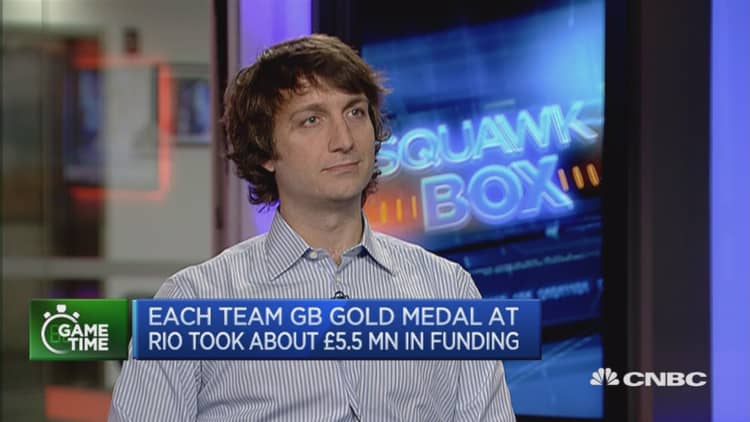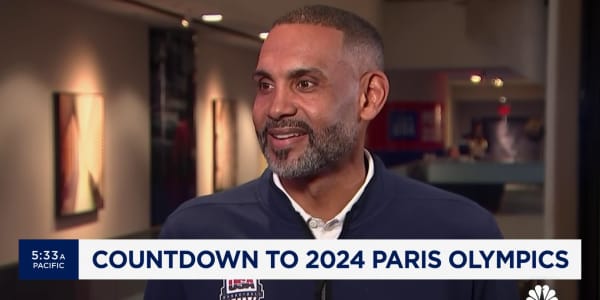
Global superpower China has explained away its disappointing medals haul at the Rio Olympic Games by noting a shift in the national mood and sporting policy.
Under the headline "How China charmed the world," the state-owned Xinhua news agency highlighted a marriage proposal between two of its Olympic divers as emblematic of a new China "that has laid bare its emotions while placing greater emphasis on human spirit, respect and friendship than simply winning titles."
Xinhua said with a total of 70 medals - 26 gold, 18 silver and 26 bronze - China had come second in the overall standings even though many other news outlets -- and the official Rio website -- calculate the final table using gold medals. This would actually push China into third by the U.K., the first time China has finished outside the top two in 16 years and compares to the country's medal haul of 100 medals and 51 golds in Beijing eight years ago.
Sina, the Chinese online media company, said that the games had signaled that China's new generation values "charisma, fun as well as victory."
Inherent problems
Chinese broadcaster CCTV said some analysts had suggested this year's more casual attitude towards winning gold medals shows that the fans are gradually grasping the "true spirit of Olympic Games."
"Many observers have noticed a shift in the way the games have been received in China ... fans are paying a lot more attention to the individual stories of the athletes themselves," an article on Monday said.
However, it also noted some grievances with that state-sponsored sport in the country costing $6 billion last year.
The South China Morning Post was also a little more measured with its praise. It claimed that medal winners from previous games might be long past their prime, and the younger generation were not yet capable or experienced enough to take over.
"The problems inherent in the state-sponsored sports system, which focuses resources on winning gold medals, are such that it is experiencing a cyclical low and is crying out for further reforms – much like the Chinese economy, which has slowed from 9 percent growth in 2008, when China scored 51 golds, to somewhere about 6.7 percent this year," a story in the newspaper said on Sunday.
No link to participation?
In the U.K., analysts and commentators have been celebrating the country's medal haul for most of the last fortnight.
They have focused on the performance-related funding that was set up in the 1990s - raised via a national lottery - that now seems to be reaping the benefits. Although some estimates calculate the cost of each medal is £5.5 million ($7.2 million) of public funding.
U.K. Sport, the administration that allocates money to the athletes, received around £125 million ($164 million) a year over the last four years, according to Giambattista Rossi, a lecturer in sport labor markets, at Birkbeck, University of London.
"The empirical evidence doesn't support a link between high performance from top athletes and the increase in sport participation. So this is the big debate with the investment on high performance sport," he warned.





